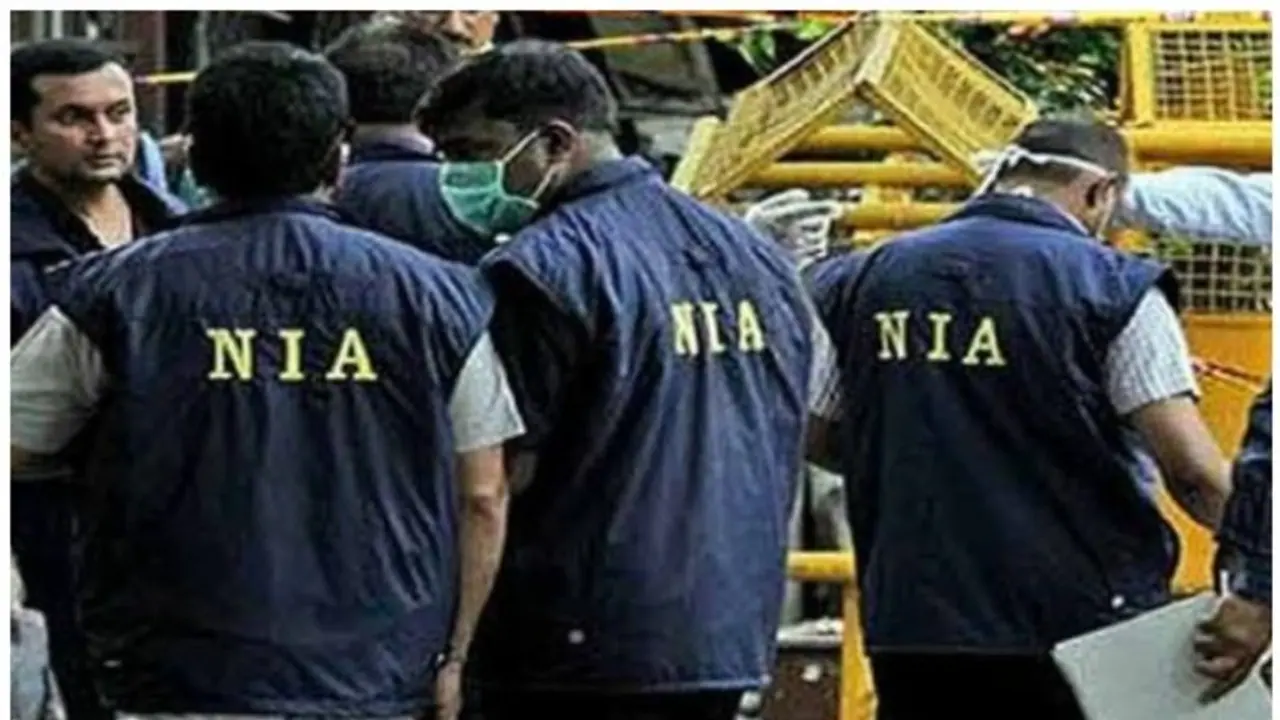The NIA has arrested Aziz Ahmed, a key suspect linked to Hizb-ut-Tahrir at Bengaluru’s Kempegowda International Airport. His detention is a major development in the investigation into the extremist group’s attempts to promote radical ideologies and destabilize national security. The probe continues.
the National Investigation Agency (NIA) has apprehended a key suspect linked to a high-profile terrorism case at Kempegowda International Airport in Bengaluru. The arrested individual, Aziz Ahmed—also known as Aziz Ahamed or Jaleel Aziz Ahmed—was detained on Friday while attempting to board a flight abroad.

This arrest is a pivotal development in the ongoing investigation into the Tamil Nadu chapter of Hizb-ut-Tahrir, an extremist organization that seeks to establish an Islamic caliphate in India. Hizb-ut-Tahrir, founded by Taqi al-Din al-Nabhani, is known for its radical pan-Islamist ideology and aims to create an Islamic state governed by its constitution.
The NIA's investigation, recorded as case RC 01/2024/NIA/CHE, has uncovered the group's efforts to promote extremist ideologies and secure military support from hostile entities. The case involves six individuals accused of advancing these radical beliefs and attempting to destabilize national security.
Bengaluru Rameshwaram cafe blast: NIA does spot inspection with 2 terrorists, recreates blast scene
According to NIA reports, Aziz Ahmed played a crucial role in orchestrating covert meetings known as Bayaans. These gatherings, attended by young and impressionable individuals, were used to indoctrinate participants with the extremist views of Hizb-ut-Tahrir. Ahmed's arrest is seen as a major step in the NIA's crackdown on the group's operations in India.
The NIA continues to probe the broader network associated with Hizb-ut-Tahrir, focusing on its attempts to undermine national security through radicalization and recruitment. This arrest underscores the agency's ongoing efforts to combat threats and safeguard the country's security.
